What Do You Stand For?
As part of the course at Babson we were all asked to write a personal purpose manifesto, to state out loud what we stand for. Once written, we were then supposed to publish it on the discussion board.
Well. It's one thing to write a paper that helps you articulate your thoughts, but to then show those thoughts to everyone felt like a step to far for me! And where to start? To lay out who you are, what you stand for, what you hope for, was challenging. To help get started, Babson suggested we ask half a dozen people we had worked with in some way "in your opinion, what are my strengths, what do I do exceptionally well?".
It felt a bit narcissistic, like I was fishing for compliments, but as an exercise in asking for feedback it turned out to be a great experience.
As leaders we always hope we are doing the right thing, that we haven't just created our own narrative. We have all seen leaders who thought they were self aware, only to witness their surprise when they realise they are oblivious to the needs of the person in front of them. Or leaders who thought they had a focus on their people, only to witness their surprise when a team member leaves and it was because of the leaders lack of engagement.
We ask our customers for feedback. We ask the team if they are happy and how we can help them in their role. But how often do we ask "What sort of leader am I?", "What do I do well?", "What are my strengths?". If we want to know, then we need to learn to put ourselves out there, make ourselves vulnerable.
Leaders set the tone of a business. If you want to be part of an organisation that looks to the future, one that focuses on being the best in their industry, then encourage a growth-minded culture. Same with your team. If you want "real" people in the company, then you need to be "real".
So I walked the walk, put myself out there, and asked.
Thankfully there was some crossover with the answers I received, and where I thought my strengths are. Phew! There were some themes, so that highlighted where I was really strong, and there were a couple of surprise strengths which I will try to use again.
So what is my manifesto? Well I am not ready to share it quite yet, but the process of articulating it taught me 2 things. Firstly, leaders should show their vulnerability.
Secondly, it allowed me to understand what I have to offer, that I am practising self awareness, and I am asking the right questions, including the most important one of all...."How can I better help you?"
